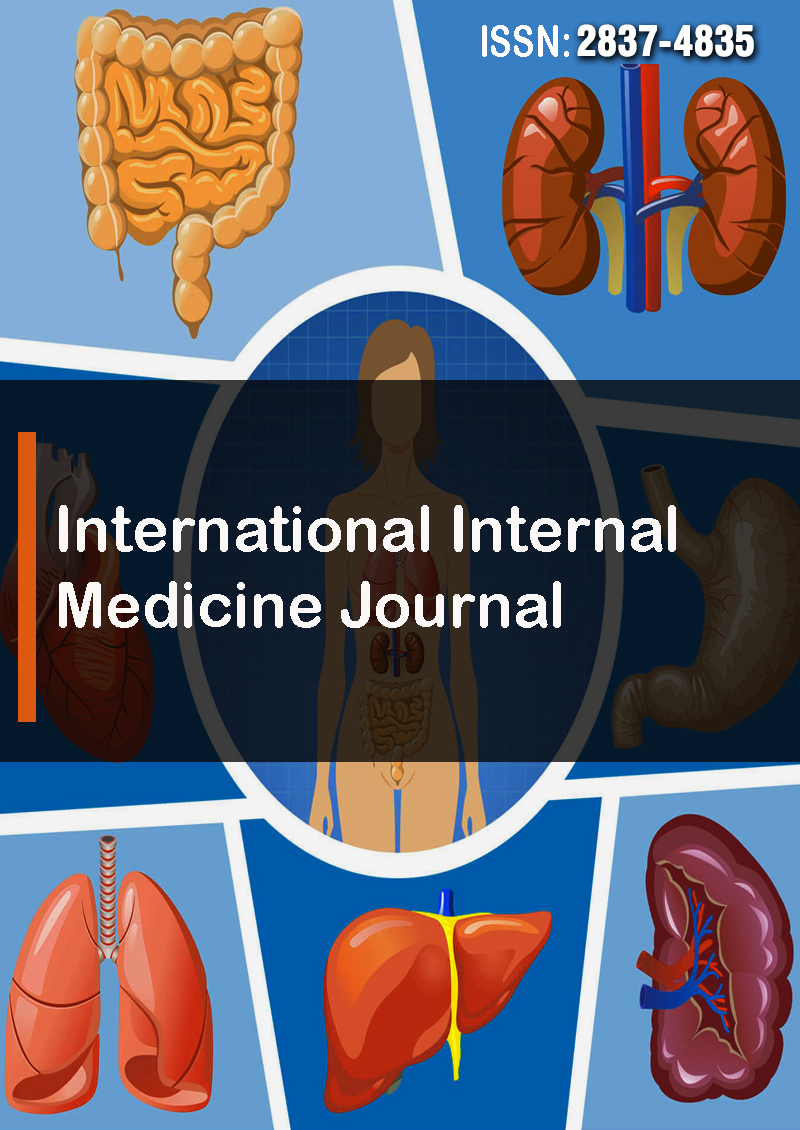Subclinical Echocardiographic Parameters and Biomarker Approach to Characterize the Pathophy Siology of Carcinoid Syndrome
Abstract
Ileana Nitu, Ionela Baciu, Simona Galoiu, Iulia Burcea and Catalina Poiana
Introduction: Carcinoid heart disease is a rare cause of right-sided valvular dysfunction, an important complication in patients with carcinoid syndrome.
Objectives: We aim to present our own experience regarding early myocardial dysfunction in patients with carcinoid syndrome.
Methods: 64 patients (35-90 year old, 62,5% female, 37,5% male patients) with carcinoid syndrome were evaluated between October 2017 and June 2021. All patients underwent two-dimensional echocardiography with additional tissue Doppler and speckle-tracking techniques. For all patients there were measured urinary level of 5- hydroxyindolacetic acid, serotonin and NT-proBNP values.
Results: The following echocardiographic features: global longitudinal strain of both ventricles, mean systolic velocity of the left ventricle, systolic velocity of the free wall of right ventricle, correlated with high values of specific biomarkers: serotonin, and urinary 5-hydroxyindolacetic acid, and also with the presence of hepatic metastases and poorly differentiated tumors.
Discussion: In this study we identified several patients with early myocardial dysfunction due to carcinoid syndrome, representing a predictive model of poor prognosis, requiring further investigations.
Conclusion: Echocardiographic assessment based on the measurement of systolic velocities, as well as the global longitudinal strain of both ventricles, together with specific biomarkers may contribute to better recognition of carcinoid heart disease in clinical practice, but this needs validation through further studies enrolling larger number of patients.



